In this episode, Joel Blackstock interviews Carolyn Robistow, a life coach and brain spotting practitioner who works with clients from her boat. Carolyn talks about keeping a captain’s log, dealing with potential pirate threats, and her involvement in the America’s Great Loop Cruisers group for boaters.
She describes her approach of using a “trifecta of change” with three pillars: 1) A personalized daily support plan based on the client’s values, 2) Brain spotting and other somatic techniques to make subcortical shifts, and 3) Informed and embodied decision-making. Carolyn specializes in working with “Groundhog Day drinkers” – people stuck in patterns of drinking more than intended despite wanting moderation.
The conversation covers wide-ranging topics like the uncertainty principle in brain spotting, the nuances of defining trauma, making coaching accessible outside therapy rooms, and Carolyn’s work with entrepreneurs on perfectionism and procrastination. Throughout, Joel and Carolyn emphasize the importance of experiential over intellectual change.
If you’re looking for a fresh, unorthodox approach to coaching that combines somatic techniques like brain spotting with a focus on embodiment and values-based support, check out Carolyn Robistow. Her “Brain Unblocked” podcast offers more of her straight-talking, soapbox-climbing perspective.
Find Carolyn on Instagram @carolynrobistow to learn about her services for “Groundhog Day drinkers” seeking moderation, entrepreneurs struggling with perfectionism and procrastination, and anyone wanting to get “unstuck” through subcortical mindset shifts. With her unique lifestyle coaching from a boat, Carolyn provides an attuned, uncertainty-embracing space for personal growth and change.
Did you enjoy this article? Checkout the podcast here: https://gettherapybirmingham.podbean.com/
Bibliography:
Blackstock, J. (Host). (2024). Carolyn Robistow: Brain Spotting, Somatic Coaching, and Helping “Groundhog Day Drinkers” from a Boat [Audio podcast episode]. Get Therapy Birmingham. https://gettherapybirmingham.podbean.com/
Jung, C. G. (1959). The Archetypes and the Collective Unconscious (2nd ed.). Princeton University Press.
Zweig, C., & Abrams, J. (Eds.). (1991). Meeting the Shadow: The Hidden Power of the Dark Side of Human Nature. Tarcher.
Grof, S. (1975). Realms of the Human Unconscious: Observations from LSD Research. Viking Press.
Conner, D. B. (2009). The Alchemy of Shadow Integration: A Jungian Approach to Individuation. Journal of Humanistic Psychology, 49(4), 475-499.
Welwood, J. (2000). Toward a Psychology of Awakening: Buddhism, Psychotherapy, and the Path of Personal and Spiritual Transformation. Shambhala.
Further Reading:
Bly, R. (1988). A Little Book on the Human Shadow. HarperOne.
Kurtz, R. (1990). Body-Centered Psychotherapy: The Hakomi Method. LifeRhythm.
Laing, R. D. (1967). The Politics of Experience and the Bird of Paradise. Penguin Books.
Progoff, I. (1956). The Symbolic & the Real: A New Psychological Approach to the Fuller Experience of Personal Existence. Julian Press.
Whitmont, E. C. (1969). The Symbolic Quest: Basic Concepts of Analytical Psychology. Princeton University Press.

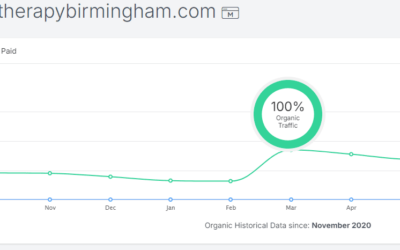




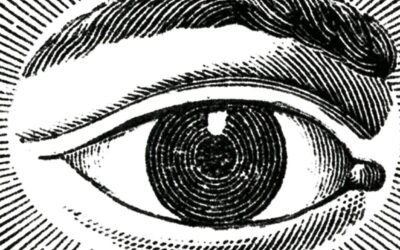











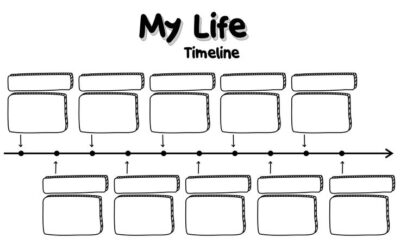
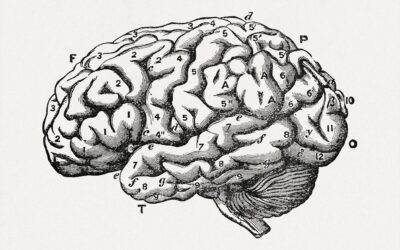

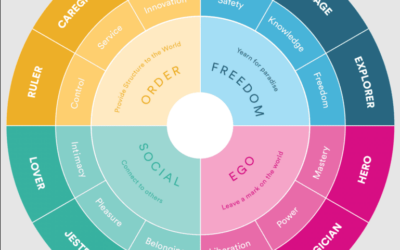



0 Comments